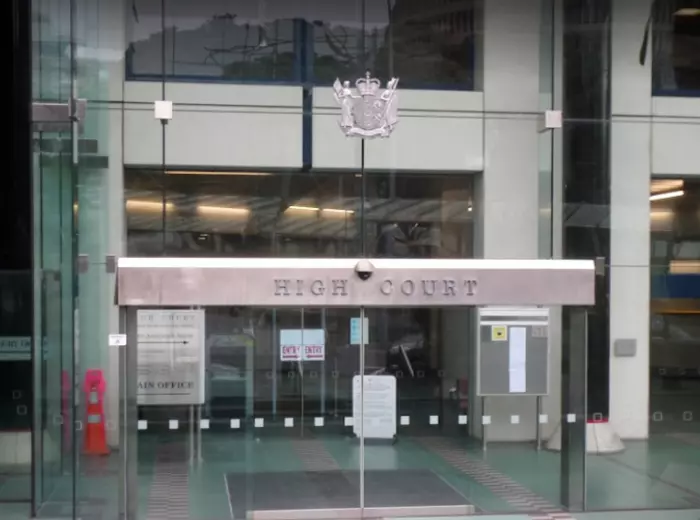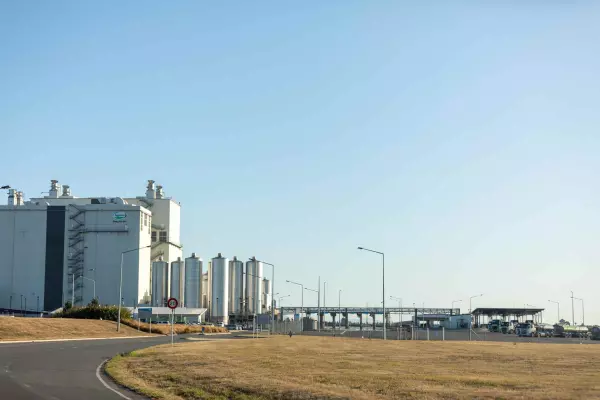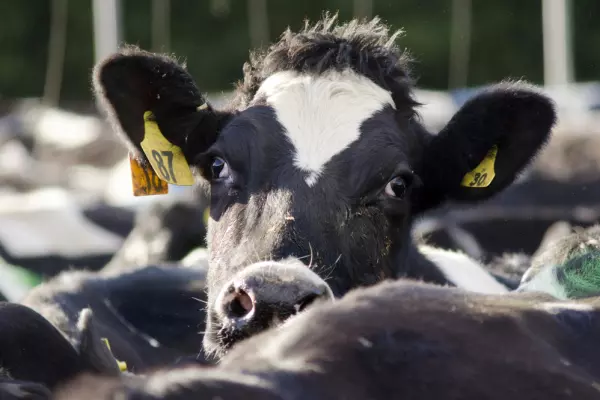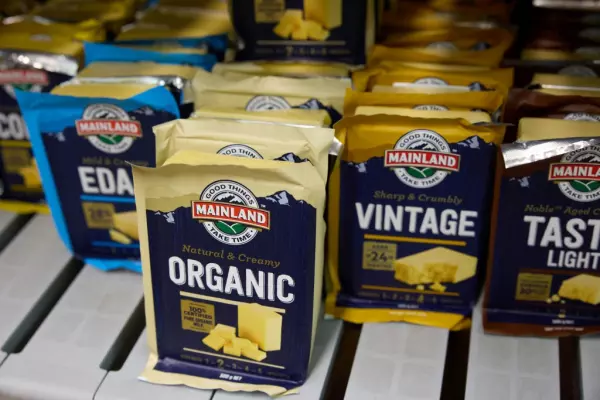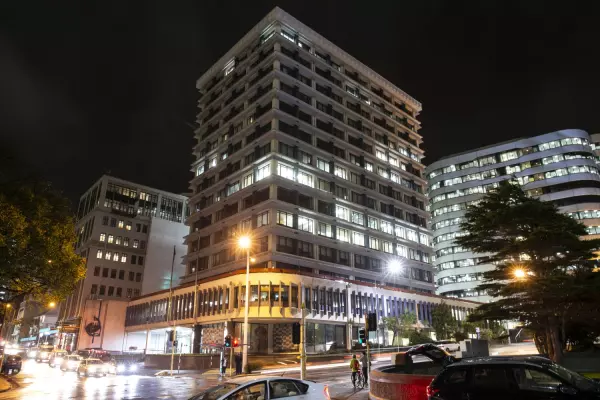Inland Revenue (IRD) has “turned a corner” as it starts liquidating more businesses over unpaid taxes, an insolvency specialist says.
IRD had been taking a lenient approach to businesses struggling to pay their debts due to a difficult trading environment with lockdowns, closed borders and various other pandemic-related problems.
While the number of IRD applications to liquidate businesses had been low in recent years due to that leniency, there have been warnings that as the country moved into a post-covid environment, they would pick up again.
The figures
Figures provided to BusinessDesk by IRD said there were 358 liquidation applications made to the court in the 12 months to June 30 2022, of which 152 companies were liquidated.
In the prior 12 months to June 2021, 422 liquidation applications were made with 163 liquidated.
IRD could not provide figures from July 1 onwards. However, according to application notices published in the New Zealand Gazette, IRD applied to liquidate 66 businesses last month.
That compared to 53 in July 2021, none in July 2020 and 23 in July 2019.
Thus far in August, IRD has filed 35 applications. This compares to 33 for the whole of August 2021, two in August 2020 and 16 in August 2019.
Total outstanding tax debt increased by 8% in the 12 months to July this year to $4.7 billion, up from $4.4b.
The main drivers of the overdue tax were due to increases in overdue GST and income tax, which were respectively $301.5 million and $206.1m higher, compared to the 2020–21 year.
Since November last year, IRD has contacted about 1,350 businesses regarding their outstanding debts totalling $356m. As of June 30, 2022, about $90m had been paid in full or was under an instalment arrangement.
Getting tougher
Auckland-based BWA Insolvency principal, Bryan Williams, said IRD had “turned a corner” and was starting to get tougher on businesses.
“They had been pretty consistent with being lenient over the past couple of years, but they are certainly changing and making businesses make good on their obligations to the commissioner,” he said.
Williams said he’d been told that IRD were about to issue more than 250 statutory demands over the next three months.
The department’s leniency policy would have created a lot of “zombie companies”, which should have been liquidated long before now.
They were held up by the government’s pandemic stimulus which had “almost altered the genetics of the market” and allowed those companies to be able to survive.
“While I think the government has certainly saved lives, and that would be a reasonable motivation to do so, the by-product of that is companies have survived where they otherwise would not.”
It was inevitable that because of the tough economic times there were always going to be more liquidations, but with the covid backlog, there would be even more now, he said.
Williams believed some directors could avoid putting their businesses in liquidation by restructuring through voluntary administration.
Other tax accountants spoken to by BusinessDesk agreed that IRD were cracking down, with one saying it had “progressively" hardened its position since 2020.
Examples
One company that faced recent action from IRD was Taranaki Engineering Proud, which was liquidated by the high court at New Plymouth in June following an application by the tax department.
The liquidators’ report said the company’s insolvency was due to cashflow pressure from substantial trading losses in two of the last three financial years.
Its statement of affairs stated it owed IRD about $1.75m.
Other recent liquidation reports from companies that faced action from IRD – such as café operator B & T Co (2011), Taranaki fabricator Glued & Screwed and Auckland landscaper Frontline Performance – stated the companies stopped trading more than a year ago.
The department’s focus
IRD spokesperson Richard Philip said the department's focus during the past year continued to be on supporting customers through covid-19, administering covid-support products, setting up payment arrangements and applying its new powers to remit penalties and interest where possible.
Although overdue debt had increased this year to $4.7b, $2.38b of this was under instalment arrangement over the year to June 2022 covering all tax types. Of that, $491m had already been paid in full.
Philip said the department was seeing continuous improvements in both taxes paid and returns filed.
“Liquidating a business is the last resort but a necessary one to assist viable businesses trying to recover from covid from the damage caused by unviable companies who continue to trade whilst insolvent,” Philip said.


